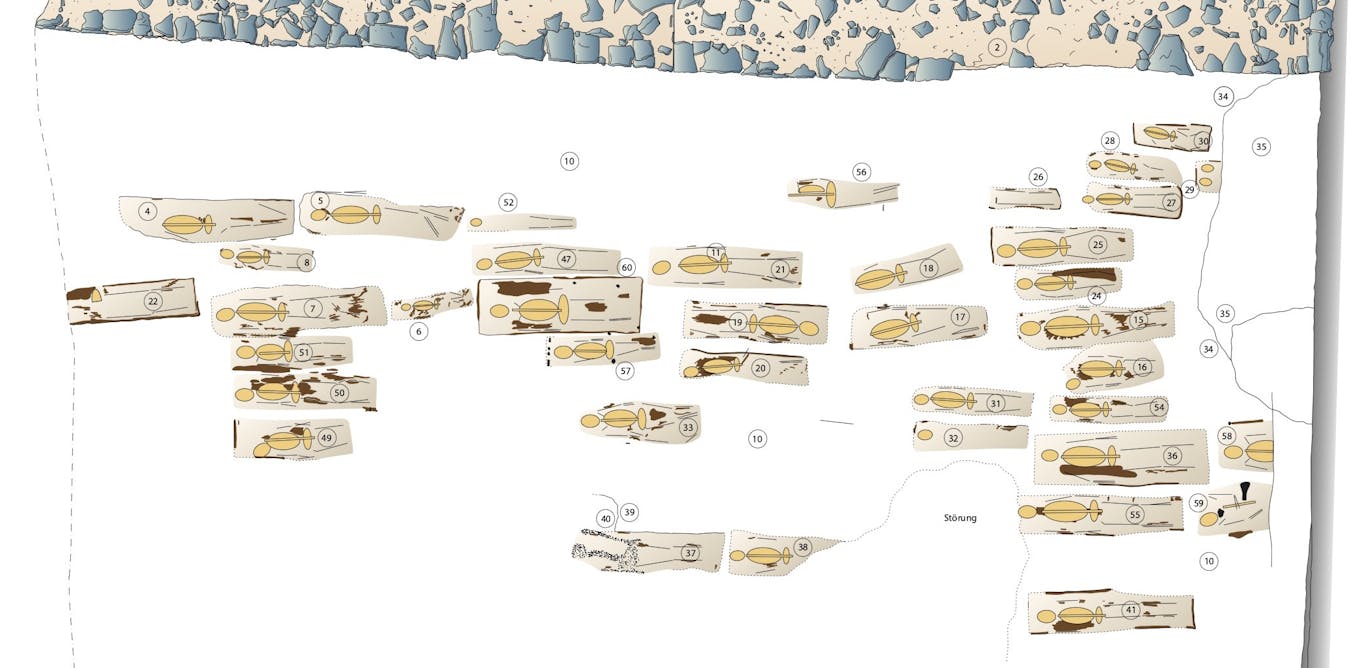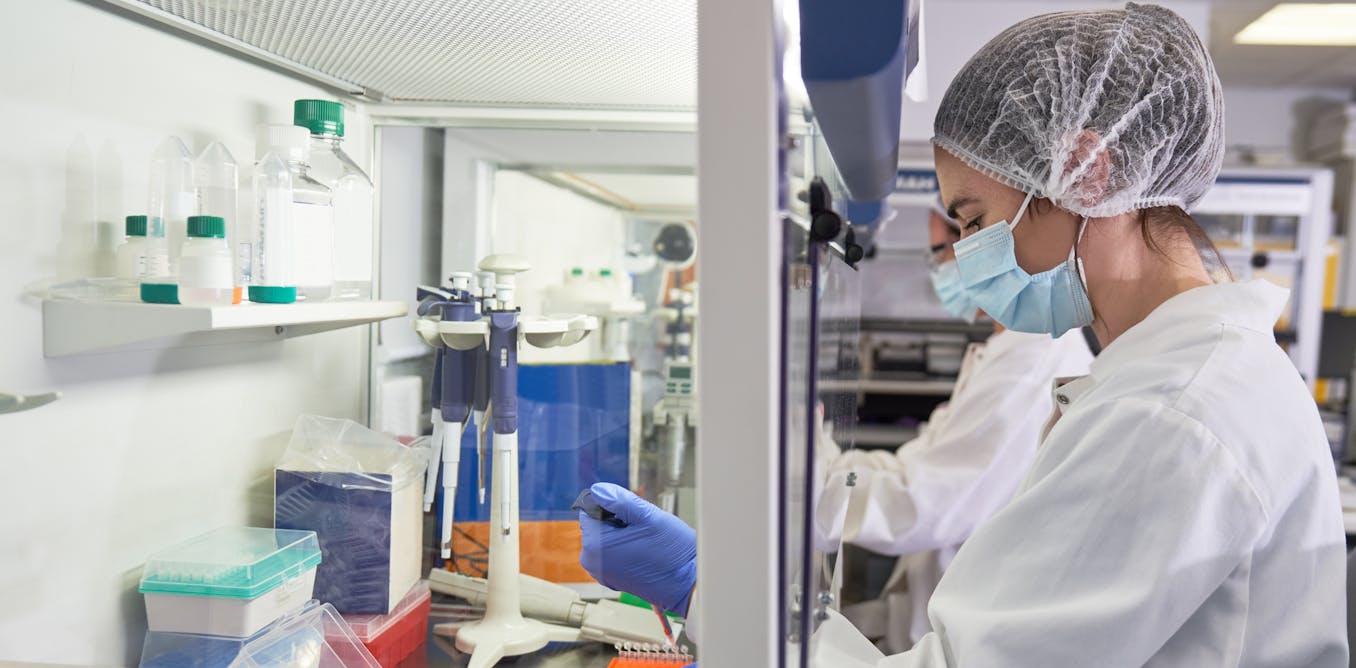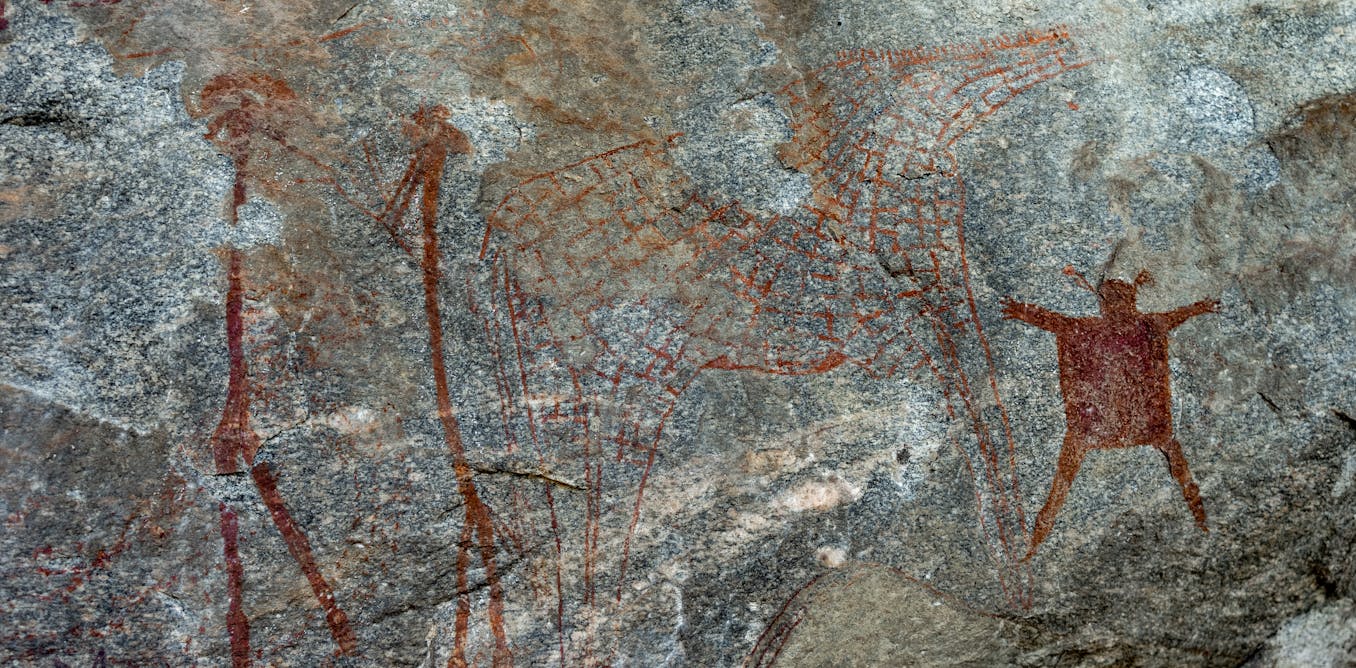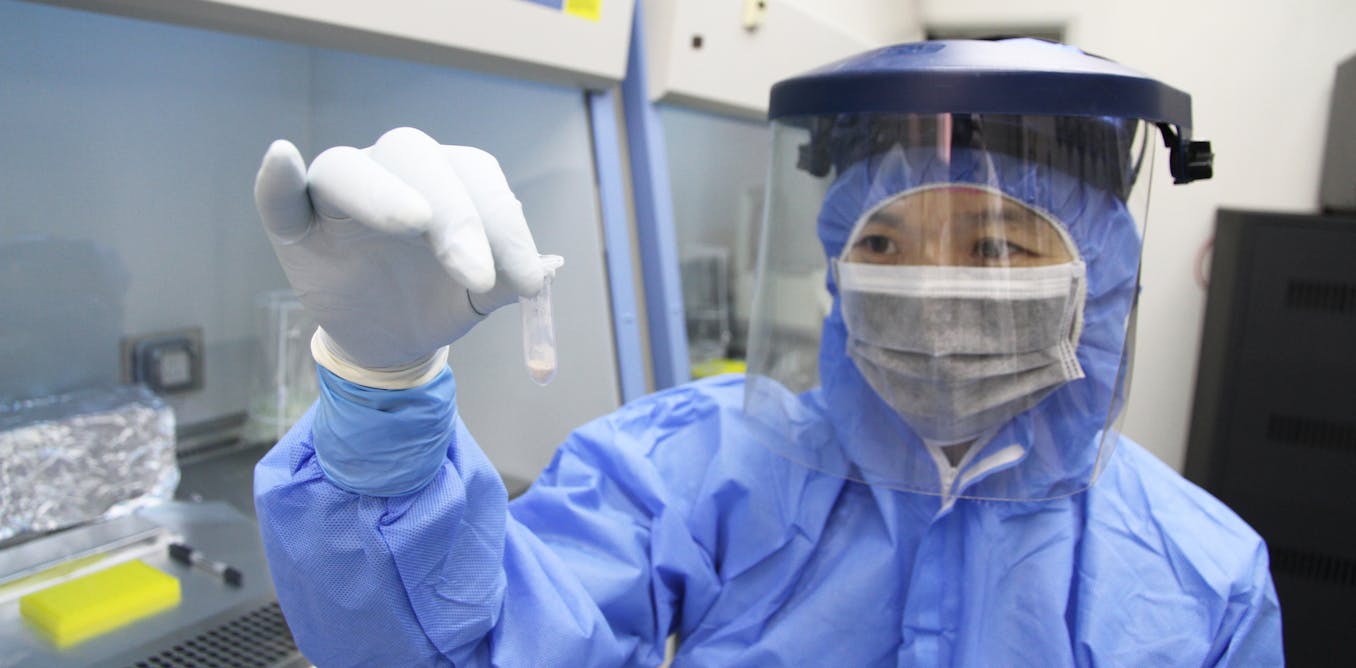Ancient DNA from the teeth of 14th-century Ashkenazi Jews in Germany already included genetic variations common in modern Jews
A German town needed to relocate a medieval graveyard to build a parking garage. A positive side effect: scientists got to sequence the DNA of Ashkenazi Jews who lived more than 600 years ago.
Nov. 30, 2022 • ~13 min







